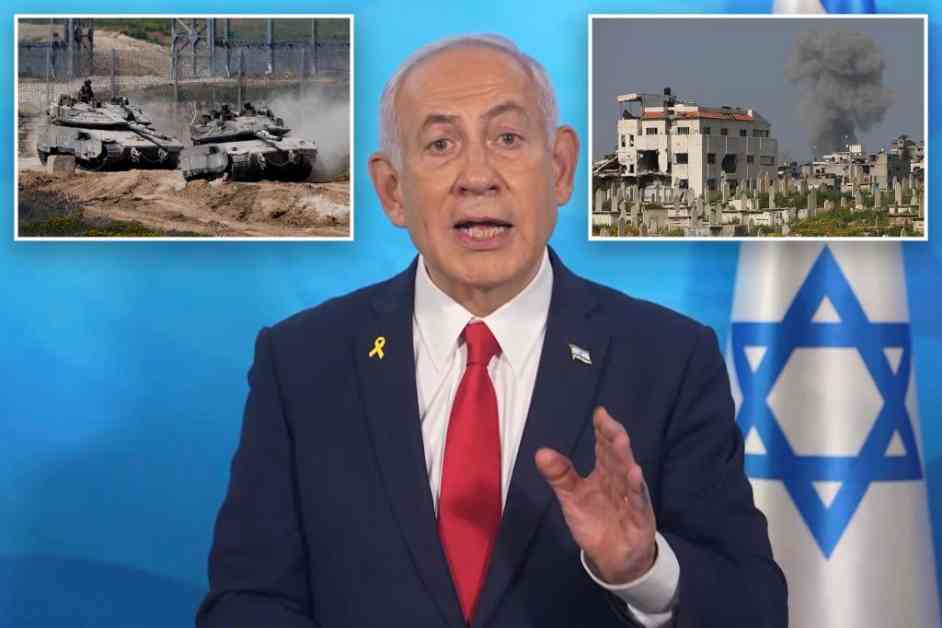Israeli Prime Minister Benjamin Netanyahu has reignited the war in Gaza, citing the refusal of Hamas to release the remaining hostages as the catalyst. In a bold move, Netanyahu declared on Tuesday night that negotiations would now only take place under fire, signaling a shift back to armed conflict with full force. The announcement came on the heels of Israeli airstrikes that struck Gaza early that same day, resulting in the deaths of over 400 individuals, according to Palestinian officials with ties to Hamas.
The Breakdown of Cease-Fire Talks
Netanyahu pointed the finger at Hamas for the breakdown in cease-fire talks, alleging that the terror group had turned down a US-backed proposal to extend the truce in exchange for the release of some hostages. The prime minister expressed frustration at Hamas’ refusal to engage in peaceful negotiations, emphasizing that Israel would ramp up its attacks against the group in light of these developments. Despite facing criticism from hostage families, Netanyahu stood firm in his stance that returning to warfare was the most effective strategy to secure the release of the remaining captives, among them New Jersey native Edan Alexander.
Escalation of Conflict
As Israel resumed its military operations in Gaza, launching a series of airstrikes in the region, tensions escalated further. Hamas reiterated its commitment to advancing talks to the second phase of the agreement, which entailed the release of all living hostages and the withdrawal of Israeli forces from Gaza. Netanyahu, however, remained steadfast in his goal to dismantle Hamas and eliminate any threat posed by Gaza to Israel, rejecting Hamas’ demands and emphasizing the importance of military pressure in achieving their objectives.
International Response and Humanitarian Concerns
The resumption of hostilities drew condemnation from various parties, including the international community and United Nations officials. Hamas decried the Israeli attacks as an unprovoked escalation, while UN Secretary-General Antonio Guterres called for the resumption of humanitarian aid in Gaza and the unconditional release of the hostages. The conflict raised ethical questions for the global community, prompting calls for action to end the violence and protect innocent civilians caught in the crossfire.
Moving Forward
Despite the ongoing conflict and the challenges ahead, Netanyahu expressed confidence in Israel’s progress in the war against Hamas. While acknowledging the long road ahead, he remained committed to utilizing military force as the primary means to secure the release of the hostages and ensure Israel’s safety. As the situation in Gaza continued to unfold, the fate of the remaining captives hung in the balance, underscoring the complex and high-stakes nature of the conflict.

